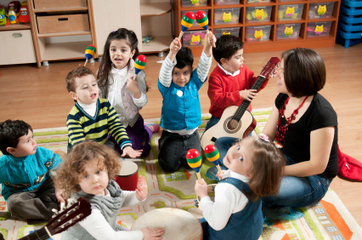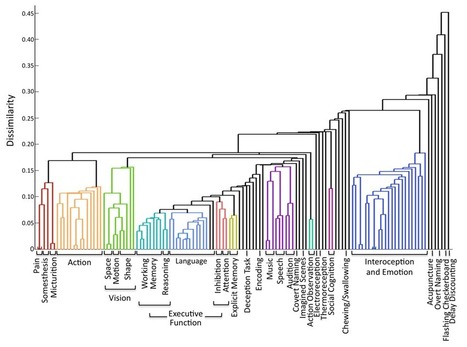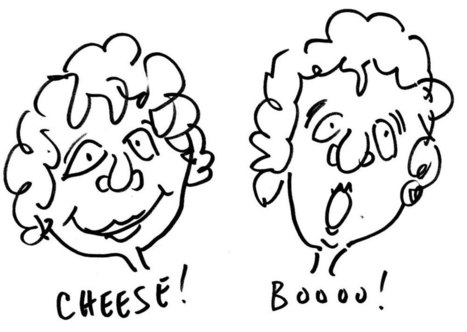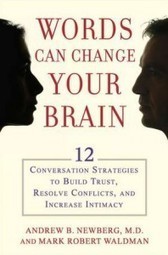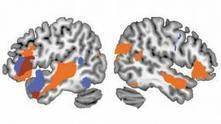Cognitive scientists have good news for linguistic purists terrified about the corruption of their mother tongue.Using an artificial language in a carefully controlled laboratory experiment, a team from the University of Rochester and Georgetown University has found that many changes to language are simply the brain's way of ensuring that communication is as precise and concise as possible.
Research and publish the best content.
Get Started for FREE
Sign up with Facebook Sign up with X
I don't have a Facebook or a X account
Already have an account: Login

 Your new post is loading... Your new post is loading...
 Your new post is loading... Your new post is loading...
|
|







